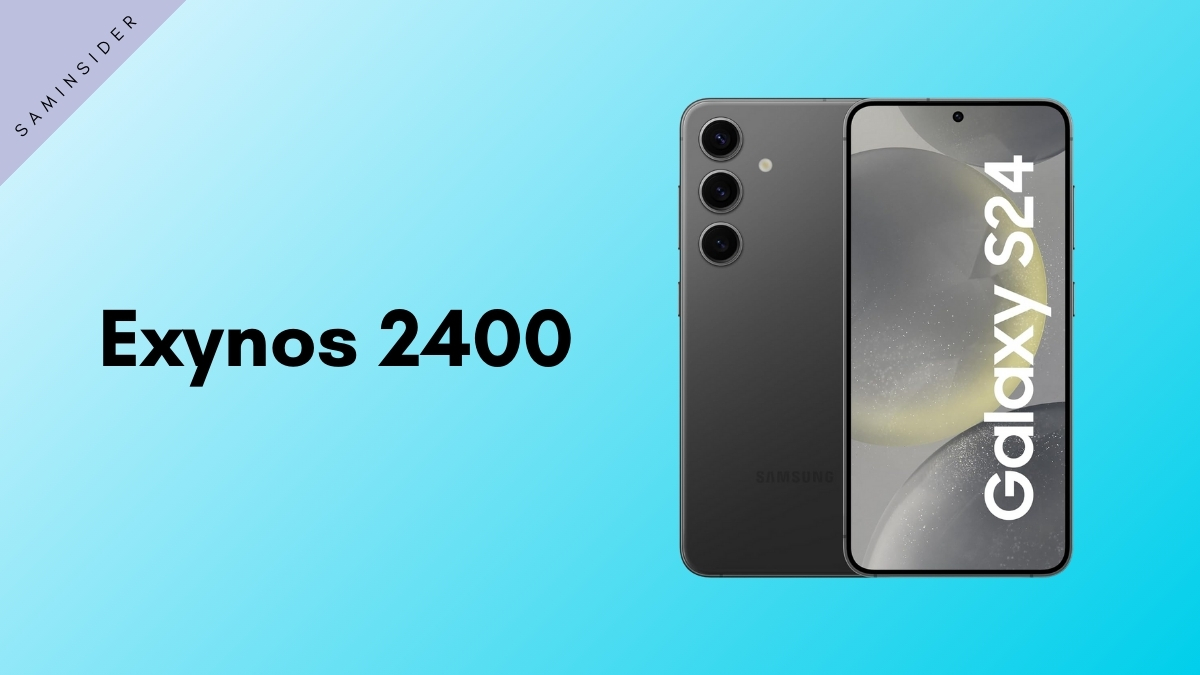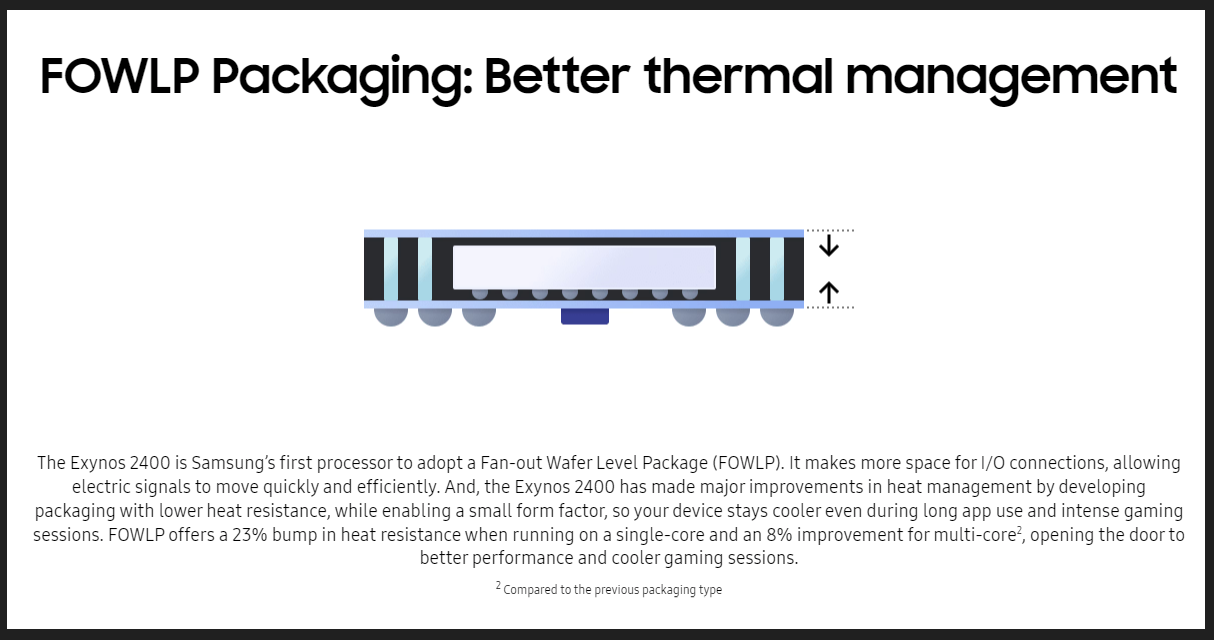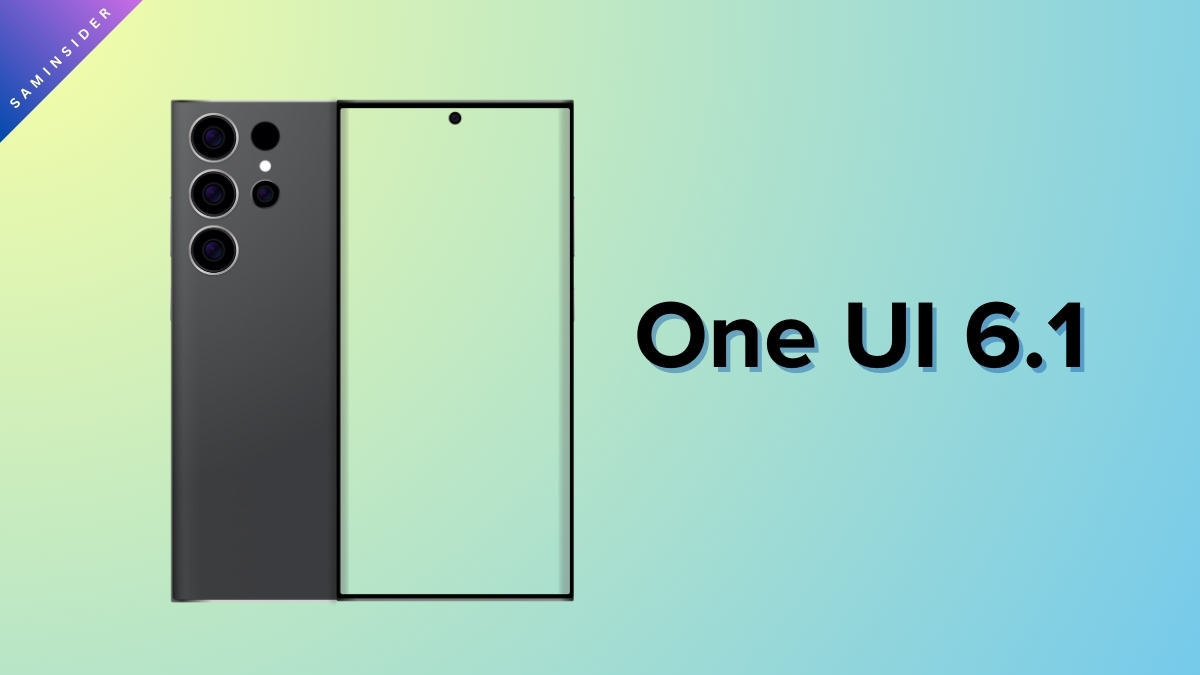The Exynos 2400 was officially unveiled a few months ago, but the Galaxy S24 and S24+ are the first phones to ship with that chipset. It received mixed reception. Some praise it as an improvement over the Exynos 2200, and others dislike the partiality from Samsung since other regions got the objectively superior Snapdragon 8 Gen 3.
While the Exynos 2400 performs better than last year’s 8 Gen 2, it’s still behind the current 8 Gen 3. That leaves out one primary concern with the Exynos 2400: the heating and thermal performance. It uses a 4nm Samsung node, which is not famous for running cool. However, this new 4nm node uses various new technologies to control the heat, and the 4LPP+ node seems to be Samsung’s best attempt yet.
Samsung’s efforts to address heating on the Exynos 2400
Samsung’s new efforts to address heat are with a very large and rather extensive cooling system on the S24 and S24+. They’re very good at heat dissipation and don’t let the phone throttle performance much. It’s also helpful in longer gaming sessions.
Another technology that’s built into the new 4nm node is FOWLP. Fan-out wafer-level packaging is a way of IC packing, an improvement over the standard wafer-level packaging. It helps with better system integration, and the significant boost is to the thermal performance of the chipset.
Samsung also has relatively decent clock speeds under control, and nothing crazy is on the Exynos 2400. There’s a new 10-core CPU cluster with four efficiency cores to improve the overall power consumption. Overall, the Exynos 2400 has a thoughtful design.
User experiences
User experiences are vastly divided. Based on an extensive test on the Beebom YouTube channel, the Exynos 2400 does not throttle at all. It scores 1.8 Million on average on the Antutu Benchmark, which is respectable. It scores 2100 on the single-core Geekbench test and around 6800 on the multi-core test.
However, this is not consistent. There are some reports in which the chip hits the 7300 mark on the multi-core test, which puts it on par with the 8 Gen 3.
According to a post on X, the Exynos 2400 only heats slightly while setting up the phone. It’s similar in thermals to the iPhone 15. It scores around 1.5 Million on Antutu, according to the same user. The S24 with the Exynos 2400 is also very smooth in day-to-day use with no hiccups, so that you won’t face problems with performance.
While it doesn’t throttle as much from some tests, it still gets as hot as 42C. After successive Wildlife tests or Antutu, it gets very hot and easily lags in some games. There are currently mixed reviews about the overall sustainability of this processor.
Comprehensive tests from Golden Reviewer on X show that it’s slightly better than the 8 Gen 2. It is efficient enough, but again, behind the 8 Gen 3. The overall CPU performance is a healthy balance.
Exynos 2400: Hot or Not?
It’s still too early to say definitively whether the Exynos 2400 has significant heating issues. In regions where the ambient temperatures are not generally higher than 25C (77F), the Exynos 2400 is faring quite well. There are no major heating and throttling issues at the moment. It almost rivals the 8 Gen 3 in most benchmarks.
However, if you’re in an area with relatively higher ambient temperatures, the Exynos 2400 throttles a lot. In some tests, it also reaches 45C and 48C, which is overheating. The heating will only worsen as we approach summer in a few months. The Exynos 2400 still suffers from heating problems, though it’s a massive step up from previous generations, and this is a step in the right direction for the future of Exynos.
Conclusion
It’s always a Silicon Lottery with Exynos chips and chips that use the 4nm Samsung node. However, it’s important to note that hotter regions will get a worse performance overall. For heavy gamers, the Snapdragon 8 Gen 3 will still fare better. Developers also support Snapdragon chips with better optimization for their games.
Some regions like India are getting worse-performing devices overall, and the Snapdragon variant is still objectively superior in heat management and performance.








